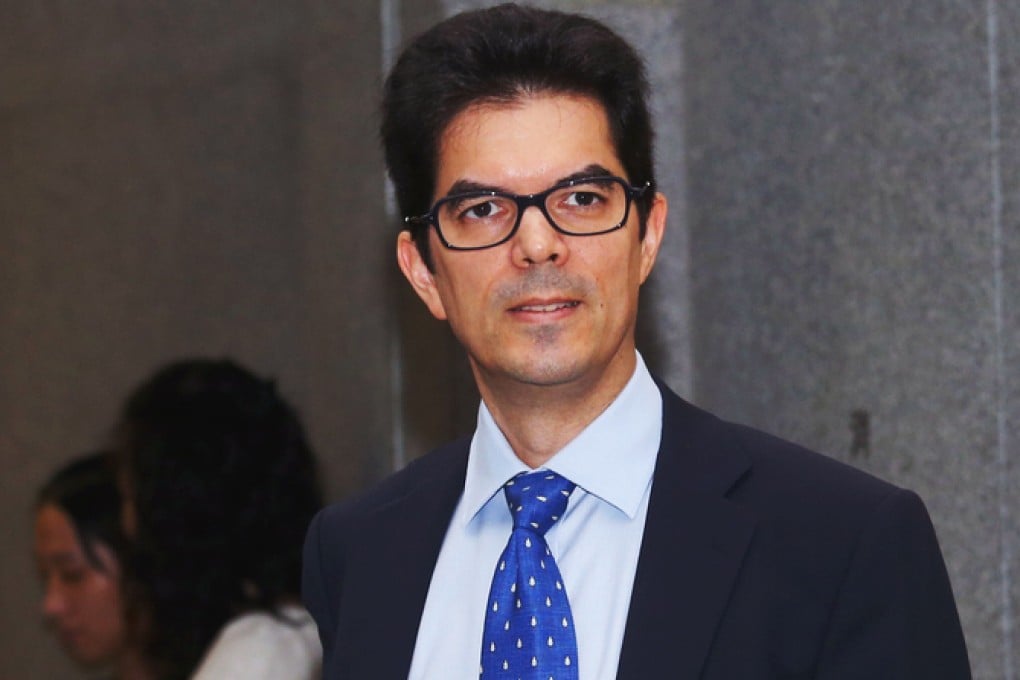Hong Kong privacy watchdog’s order to remove names from website would create an ‘Orwellian memory hole’, says market analyst
Market analyst challenges decision by privacy commissioner to redact names on public records

Hong Kong society risks creating an "Orwellian memory hole" if it allows an order by the privacy watchdog to remove information from a website, a market analyst argued at a hearing yesterday.
"We will be creating Orwellian memory holes in society, and even worse, entire media archives may become inaccessible to the public," he told the Administrative Appeals Board, under the Chief Secretary's Office.
Cindy Chan, legal counsel for the privacy commissioner, said the public had no need to know about the private lives of the people involved in the court case, especially after so many years.
The names were recorded in files published on the judiciary's website in 2000, 2001 and 2002, following open court hearings.
Webb's website, which offers information about Hong Kong for investors, published three reports on the case with hyperlinks to the judgments.